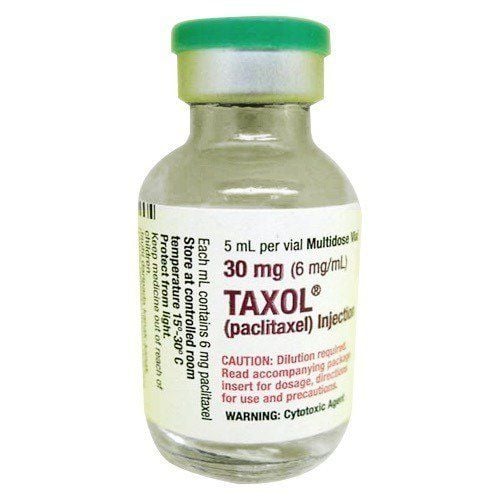This is an automatically translated article.
The article was written by doctors of Internal Oncology - Radiation Oncology Center - Vinmec Times City International General Hospital.Pancreatic cancer is the 10th most common new cancer and the fourth leading cause of cancer death in men and women. This quick quiz will test your knowledge of pancreatic cancer risk factors, diagnosis, and how pancreatic cancer.
1. What is the most common risk factor for pancreatic cancer?
A. ObesityB. Chronic pancreatitis
C. Smoking
D. Diabetes
Answer: Smoking is the most common risk factor for pancreatic carcinoma. It is estimated that smoking accounts for up to 30% of pancreatic cancer cases. Diabetes can double your risk of developing pancreatic cancer. Less than 5% of all pancreatic cancers are associated with underlying chronic pancreatitis. In many studies, obesity is associated with a higher incidence of pancreatic cancer.

Hút thuốc lá là nguy cơ phổ biến nhất gây ung thư tụy
2. Which of the following genetic disorders increases the risk of pancreatic cancer?
A. Hereditary nonpolyposis colorectal cancerB. Familial adenomatous polyposis
C. von Hippel-Lindau syndrome
D. All of the above
Answer: Approximately 5%-10% of patients Pancreatic carcinoma has a genetic predisposition to developing the disease. Genetic disorders that increase the risk of pancreatic cancer include hereditary pancreatitis, multiple endocrine neoplasia, hereditary non-rectal cancer, adenomatous polycystic syndrome and Gardner syndrome. BRCA1 and BRCA2.

Sàng lọc ung thư tụy sớm để được điều trị kịp thời
3. What is the 1-year survival rate for pancreatic cancer?
A. 12%B. 18%
C. 24%
D. 30%
Answer: Pancreatic carcinoma is a fatal disease. The median survival time for patients is 4-6 months. The 1-year survival rate for pancreatic cancer patients is only 24% and the 5-year survival rate is 5%. However, patients with neuromas and pancreatic cysts, such as mucinous cystadenomas or papillary endothelial mucinous cysts, have a much better survival rate than patients with pancreatic cancer.
4. Which of the following tests is the most sensitive and best for diagnosing pancreatic cancer?
A. CT/ScanB. Endoscopic ultrasound (EUS)
C. Magnetic resonance imaging
D. PET scan
Answer: Due to the accessibility to the pancreas with the endoscopic ultrasound probe is Therefore, high frequency (7.5-12 MHz) ultrasound can be used to produce very high resolution (sub-millimeter) images. This method has proven to be the most sensitive diagnostic method for pancreatic cancer. Negative endoscopic ultrasonography has almost 100% specificity in excluding the presence of a pancreatic tumor.

Siêu âm nội soi EUS để kiểm tra bất thường trong vùng ổ bụng của bệnh nhân
5. The National Comprehensive Cancer Network (NCCN) recommends which of the following 4 regimens is recommended for patients with locally advanced or metastatic pancreatic cancer who are inoperable? Is the patient in good condition?
A. Leucovorin/5-fluorouracil plus oxaliplatin plus irinotecan (FOLFIRINOX)B. Gemcitabine
C. Gemcitabine and nab-paclitaxel
D. Gemcitabine, docetaxel and capecitabine
Answer: The NCCN Guidelines recommend FOLFIRINOX (leucovorin/ 5-fluorouracil plus oxaliplatin plus irinotecan) as first-line treatment for patients with locally advanced or metastatic disease who are inoperable in good general condition. The NCCN recommends gemcitabine monotherapy for symptomatic patients with locally advanced or metastatic disease incompetent for surgery with poor generalization. In addition, at the stage of metastatic disease several regimens are also recommended, such as GTX (gemcitabine, docetaxel and capecitabine) and gemcitabine and nab-paclitaxel combination therapy.
Reference article source: medicalnewstoday 2019
MORE:
Pancreatic cancer: Causes, symptoms, diagnosis and treatment Chronic pancreatitis occurs? How dangerous is acute pancreatitis?













